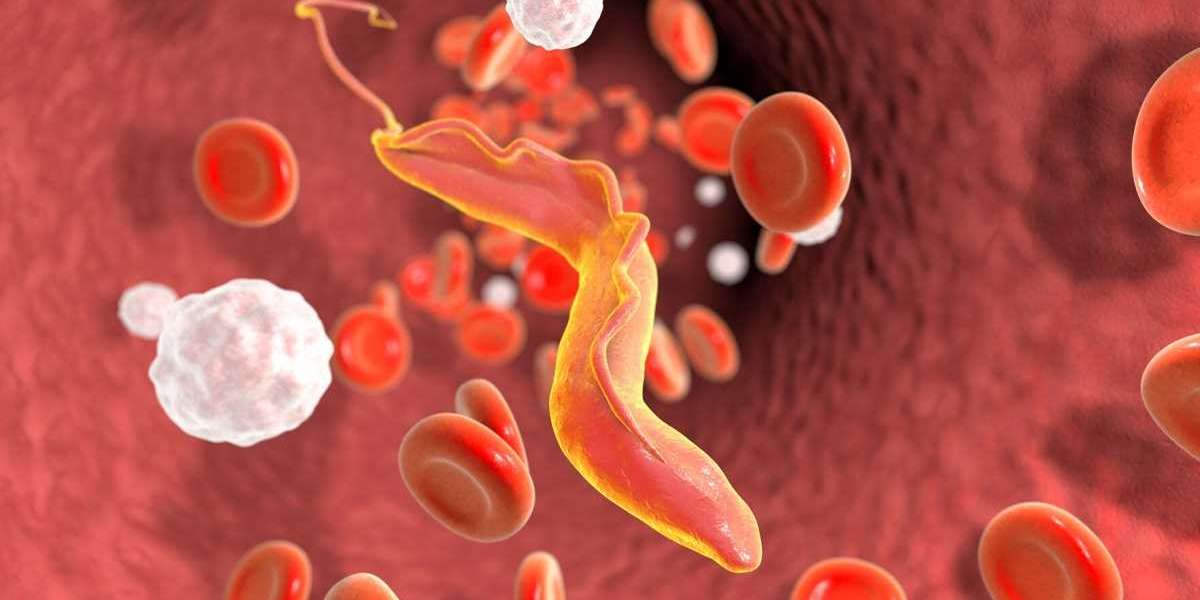New Drug Development Efforts Show Promise
Chagas disease, also known as American trypanosomiasis, is a parasitic infection that affects millions of people in Latin America. While treatment options exist, they are not always effective, especially in later stages of the disease. However, recent developments in drug discovery and access to treatment may help improve prognosis and control of this neglected tropical disease.
Current Treatment Regimens
The two medications currently available for treating Chagas disease are benznidazole and nifurtimox. Both were developed in the 1970s and work by killing the parasite Trypanosoma cruzi that causes the infection. However, treatment success rates decline the longer a person has been infected. Benznidazole and nifurtimox are recommended for acute or recent chronic infections within the first few years after exposure to the parasite. For later stage chronic Chagas disease, there is no clear evidence that available drugs are effective. Side effects are also common, causing many patients to discontinue treatment prematurely.
Expanding Access to Diagnosis and Care
Lack of awareness about Chagas Disease Treatment among healthcare providers and the public has contributed to delayed treatment. Many people are unaware they have been exposed to the parasite or do not recognize early symptoms. Improving diagnostic testing and medical education, especially in remote rural areas where the infection is prevalent, are priorities to catch more cases early. International organizations like the World Health Organization are working with governments in endemic countries to expand screening of at-risk groups like blood donors. This helps curb transmission and connect more patients to available medications. Charitable foundations also partner with local clinics to bring diagnosis and treatment to communities lacking resources.
Promising New Drugs in Development
Recognizing the limitations of benznidazole and nifurtimox, researchers have intensified efforts to discover and develop better treatments for Chagas disease. Fexinidazole, an oral nitroimidazole compound originally intended for human African trypanosomiasis, has shown effectiveness in animal studies and early-phase clinical trials against T. cruzi. A large Phase III trial is currently underway to determine appropriate dosing and evaluate efficacy and safety in humans. Other candidate drugs targeting different parts of the parasite's lifecycle are in preclinical and early clinical stages of assessment as well. If proven safe and effective in late-stage studies, these new treatments could expand options, especially for chronic Chagas patients currently left without good options.
Addressing Drug Resistance Concerns
The long-term use of benznidazole and nifurtimox as the mainstay drugs for Chagas disease has led to growing worries about parasite resistance developing over time. Studies show resistance emerging in laboratory settings when drugs are used inconsistently or at subtherapeutic levels. To manage this risk, quality control and direct observation therapies are important when administering existing medications. Meanwhile, next-generation compounds in development target different mechanisms and may be less prone to acquired resistance. Researchers also explore combination therapies using available drugs together or with new agents to potentially delay resistance while maximizing treatment success. Addressing drug resistance will help sustain control efforts for Chagas disease into the future.
Improving Disease Management and Surveillance
Even with better therapies, Chagas disease will remain a challenge in endemic regions without comprehensive strategies to control transmission and monitor infection rates. Vector control through insecticide spraying and housing improvements can reduce contact between people and triatomine bugs that spread the parasite. Screening blood and organ donors helps curb transfusional spread. Long-term management of patients' cardiac and/or gastrointestinal complications from chronic Chagas also requires strengthened healthcare systems with access to diagnostic testing, medications, and specialist care like pacemakers or heart transplants when needed. International organizations provide support through training, surveillance, and epidemiological research to aid community and clinical management of Chagas disease over the long term.
Get more insights on Chagas Disease Treatment








